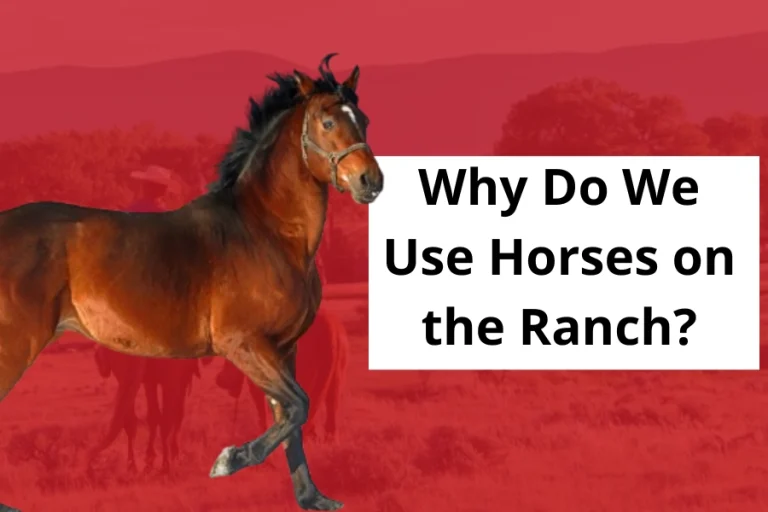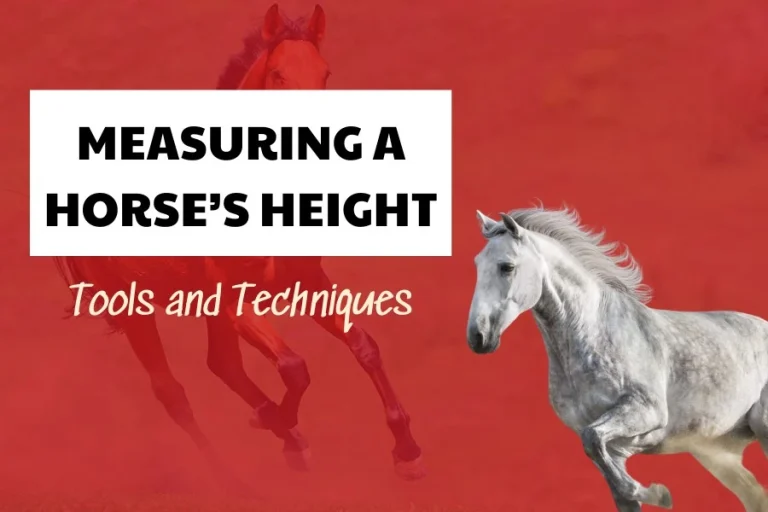Why Do Horses Neigh? Interesting Facts Behind
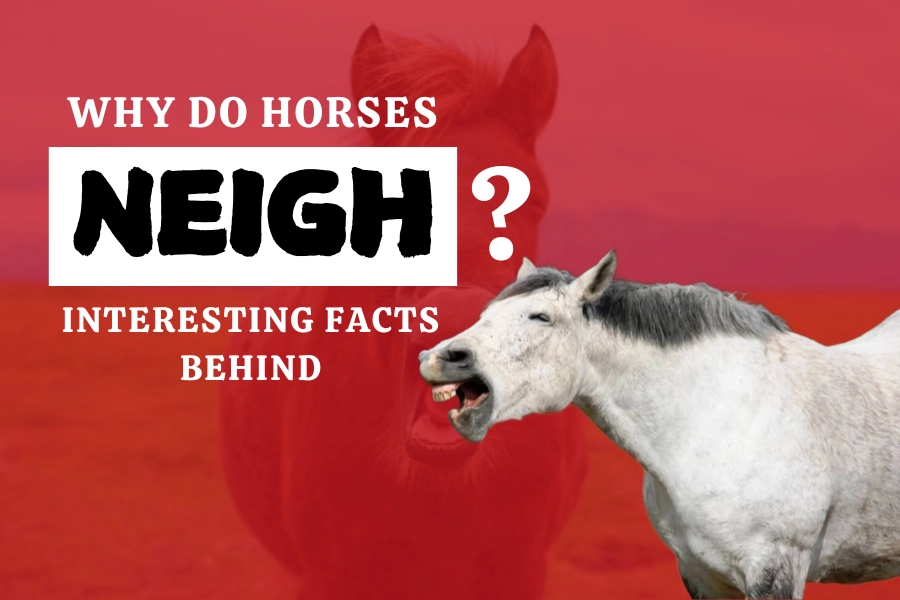
Any person who has ever been around horses finds the sound of their neighing very familiar and full of intrigue. But have you ever thought about what may be making them do this? Why do horses neigh? Neighing seems not to be just some kind of random noise but a richly meaningful form of communication.
The horses neigh to express themselves, whether it be from feelings of excitement, anxiety, or even just wanting some attention and company. In this article, we’re going to look through some intriguing reasons of “Why do horses neigh?”. We also uncover kinds of horse neighs to add more fascinating knowledge about horses.
Why Do Horses Neigh?
Horses neigh because they want to communicate to other horses, to the owner, or to express their feelings. This vocalization can vary and signal many different messages depending on their emotional state, social needs, and surroundings. The question “Why do horses neigh?” is answered in detail below.
Searching For Companionship Or Attention
Why do horses neigh? Horses are herd animals that need contact. Therefore, a horse may call out to maintain contact with other horses. For example when a horse is separated from companions—such as when it is alone in a field or a stable— it may neigh in an attempt to reassure itself. It is a means of location for other horses and drawing them closer. Hence, in this case, the neigh can be indicative of anxiety or a want for social interaction.
Showing Excitement Or Anticipation
Horses also neigh when excited or in anticipation of something good, such as feeding time, the arrival of the owner, or even reunification with other horses. It is normally characterized by a high-pitched and fast, showing that their emotions are excited. This is pretty much how the dog barks or wags its tail at the sight of its owner.
Warning or Alerting
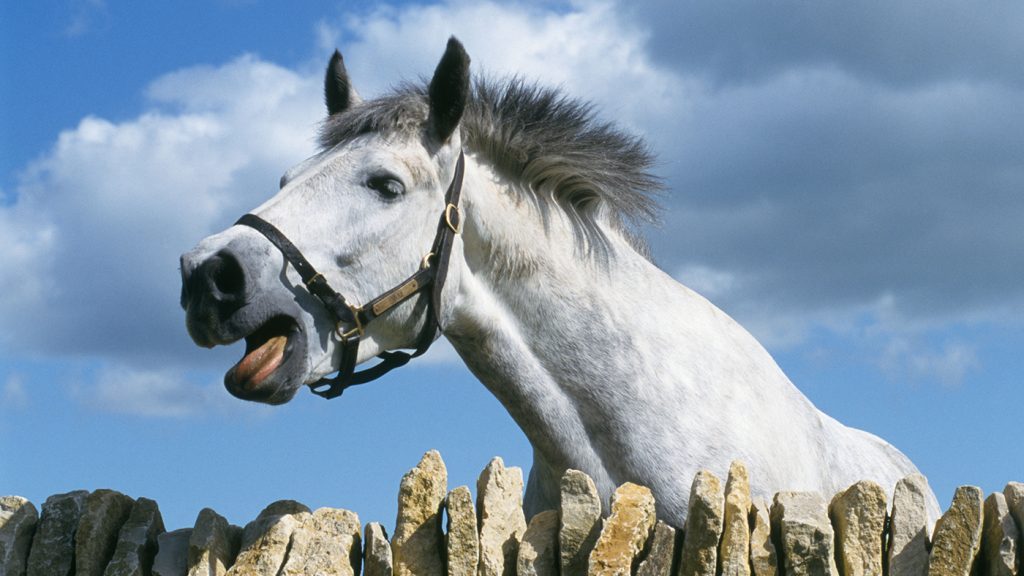
A loose horse may neigh to alert others in his herd to impending danger. This may signal that a predator or something risky may be occurring. In this case, the neigh will be very sharp and insistent, to catch the attention of other horses as quickly as possible. Even in domesticated settings, this is what horses use to express unease or to call for backup from fellow horses, or even humans who take care of them.
Separation Anxiety Sign
Horses are very strongly bonded to each other. So, when this bond is momentarily broken, for example when one is taken out for a ride, a remaining one will nicker out of distress. This kind of neigh is connected with the horse’s feeling of discomfort in his separation from the companion. The sound is habitual to be more elaborated and slightly prolonged, showing the desire of the animal to be reunited with the friend. That explains why we can build a good bond between horses & humans.
Identification & Recognition
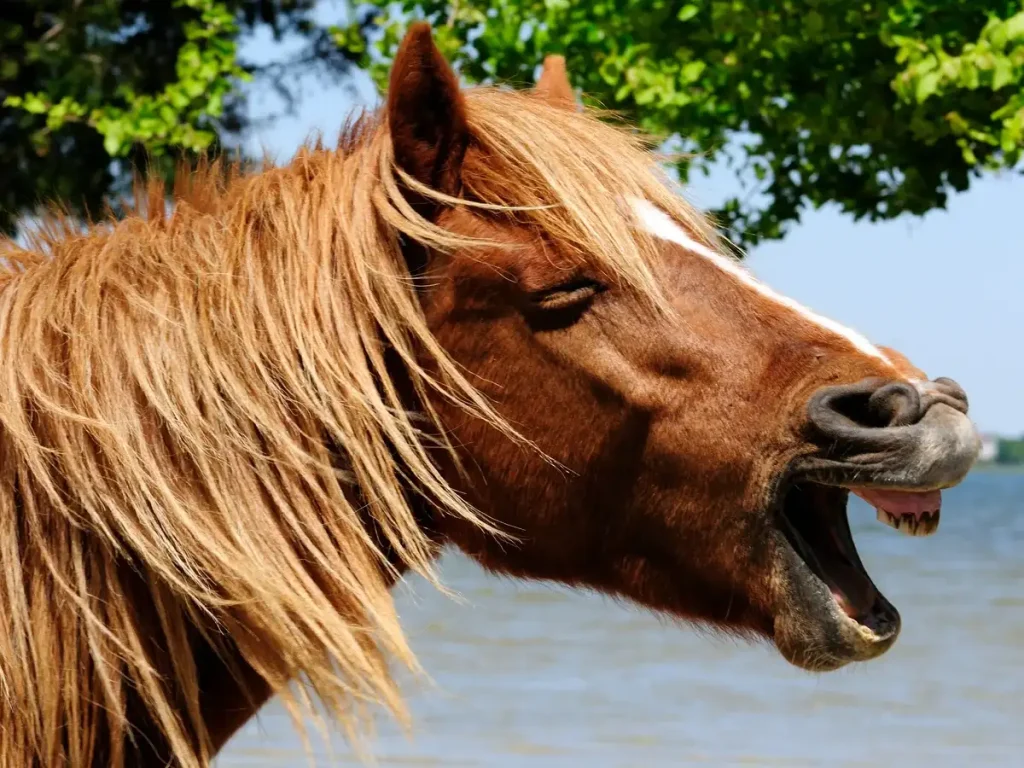
Identification & Recognition
Horses neigh can also be a means of horse identification and recognition. Every horse has an individual vocal signature, hence being able to tell the neighs between familiar horses and stranger horses. This is very helpful in big herds or in cases where many horses have been kept together. A horse may neigh back if it hears a familiar call. This helps in reinforcing social bonds and members of the herd staying together.
Stress or Discomfort
Some horses also neigh when they are stressed or uneasy. This will primarily happen when the horse is in pain, feeling anxious, or in a new environment. The pitch in the neigh is often tighter in this case and might be supplemented by other forms of distress, such as pawing or pacing. The horse carers often learn to recognize this vocal to know how to address their needs.
Mating & Reproduction
Neighing is common during the courtship behavior of stallions, especially in search of mares or to claim dominance over other stallions. In this context, vocalization is part of a bigger variety of behaviors that involve posturing, scent marking, and physical acts of strength.
Different Kinds of Horse Neighing
Horses communicate in many different ways through sounds, all of which have different messages. Here’s a close look at the different kinds of horse neighing and related sounds:
- Whinny: Probably the most easily recognized horse sound is the whinny. It’s a short, somewhat drawn-out sound starting high-pitched and gradually lowering. Whinnies are used to gain the attention of a human or other animal and are more of a friendly, playful greeting.
- Scream: Horses will scream when they feel threatened or distressed. High-pitched, piercing, and unmistakable, the sound suggests that a horse may be going through substantial emotional or physical turmoil. This is naturally associated with aggressive behavior, such as biting or kicking.
- Whicker: The wicker is a soft, low-pitched sound the horses make when they are feeling affectionate or content. It’s reassurance and bonding to express that the horse is safe and happy in its environment.
- Squeal: One squeal is a very short, sharp sound used by horses to express their annoyance or discomfort. It is considered an aggressive type of vocalization, as it is associated with pawing at the ground or stamping the feet to show displeasure.
- Roar: This strong vocalization serves to impress or intimidate, often accompanied by other forms of assertion, such as posturing or stamping.
How Do Horses Neigh?
Horses can neigh through a very wonderful mechanism. First of all, they take in a volume of air to fill their lungs. Then, exhaling, the air will have to pass through their larynx on the way out, where the vocal cords start to “shape” the different neighing sounds.
Other Interesting Facts About Horses
There are many interesting facts related to horses besides their neigh. The horses will sleep standing up to be always ready to run from predators. You also can see many horses wear blinders to prevent them from distraction when taking part in racing or training. Horses nod their heads when they feel uncomfortable or in pain as well.
A Word From Raxin Horse – Why Do Horses Neigh?
So, we have already known “Why do horses neigh?”. Each kind of neigh has a specific meaning. As owners, it is important to understand the reasons behind the horse neighing so that we can connect and care for them better. By paying attention to the context and sound of a horse’s neigh, we can guess why they are doing so and help them on time.

